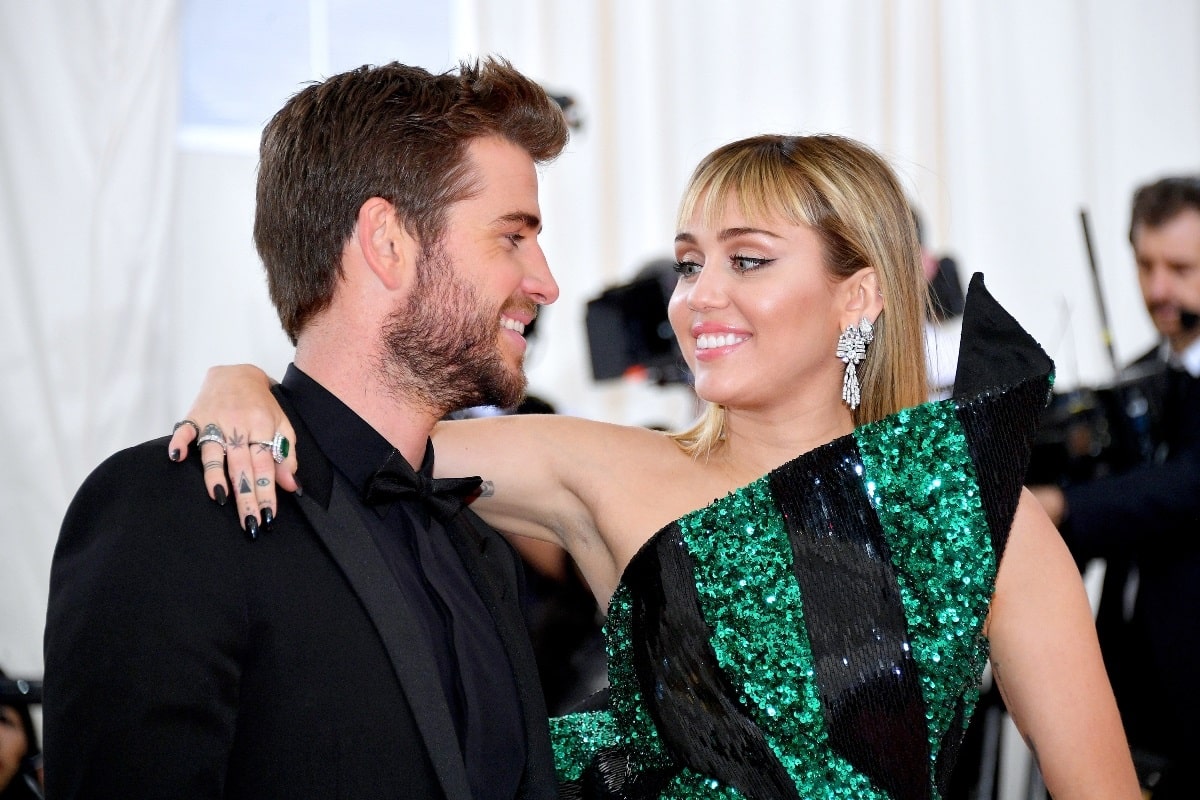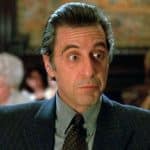The lights have dimmed on a true titan of American cinema. Robert Redford, the actor whose name became synonymous with both Hollywood stardom and artistic integrity, has died. He was 89 years old.
The confirmation came from a brief, poignant statement released by his family. Redford passed away on September 16th at his home in the Sundance resort, a sanctuary he built in the Utah mountains, “surrounded by those he loved.”
The news sends a wave of grief through the entertainment world and beyond, marking the end of an era for a man who was far more than a handsome leading man. He was a pioneering director, a fierce champion of independent artists, and an environmental advocate—a true Renaissance man of the American West.
The Star That Couldn’t Be typecast
For a generation of moviegoers, Redford was the cinema. With his piercing blue eyes and laid-back magnetism, he shot to international fame as the reckless Sundance


But Redford consciously defied the “movie star” label. He leveraged his clout to take on complex, often politically charged roles that defined 70s cinema. He was the determined journalist Bob Woodward in All the President’s Men, a cynical politician in The Candidate, and the enigmatic millionaire in The Great Gatsby. He brought a quiet intensity to every part, proving his depth extended far beyond his famous grin.
This pursuit of artistic challenge led him behind the camera. In 1980, he won the Academy Award for Best Director for his family drama Ordinary People, a film that showcased a nuanced understanding of grief and family dynamics that stunned critics and audiences alike.
The Architect of a New Hollywood
Perhaps his most profound impact on the world of film had nothing to do with his own performances. In 1981, disillusioned with the studio system, Redford founded the Sundance Institute in the mountains of Utah. What began as a creative workshop evolved into the Sundance Film Festival, the most vital launching pad for independent storytelling on the planet.
Sundance didn’t just host movies; it created a movement. It became the heartbeat of American indie film, providing a platform for visionary directors like Quentin Tarantino, the Coen Brothers, and Steven Soderbergh long before they were household names. Films like Reservoir Dogs, Little Miss Sunshine, and Get Out all premiered at Sundance, fundamentally changing the cinematic landscape.
Actress Marlee Matlin, whose film CODA found its audience through the festival, said, “Sundance happened because of Robert Redford. A genius has passed.”
A Fond and Heartfelt Farewell
The outpouring of grief from his peers underscores the man’s immense influence and personal character. He was remembered not just for his talent, but for his spirit.
His frequent co-star and lifelong friend Jane Fonda wrote, “He meant a lot to me and was a beautiful person in every way. He stood for an America we have to keep fighting for.”
Meryl Streep, his co-star in Out of Africa, offered a simple, powerful tribute: “One of the lions has passed.”
Director Ron Howard hailed him as a “tremendously influential cultural figure” and an “artistic game-changer,” a sentiment echoing across social media from fans and colleagues worldwide. Robert Redford’s legacy is a multifaceted jewel. He is survived by his wife, Sibylle Szaggars, and his two daughters. While we remember the dazzling movie star, we also celebrate the visionary who gave a voice to the outsider, the activist who fought for our planet, and the artist who always, always, chose the path less traveled. The curtain may have closed, but the show he created will run forever.
